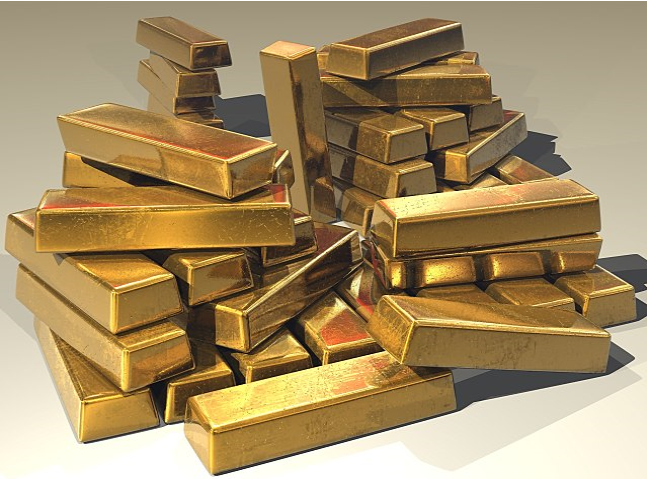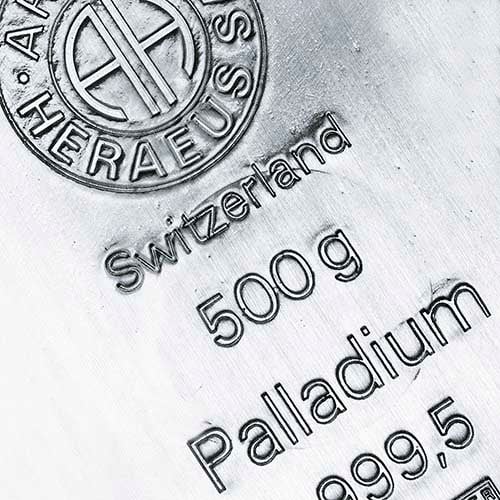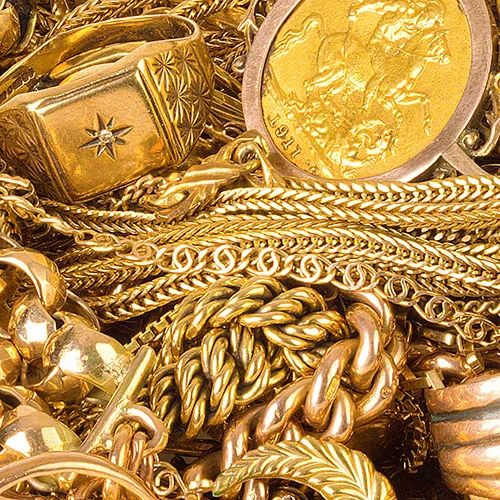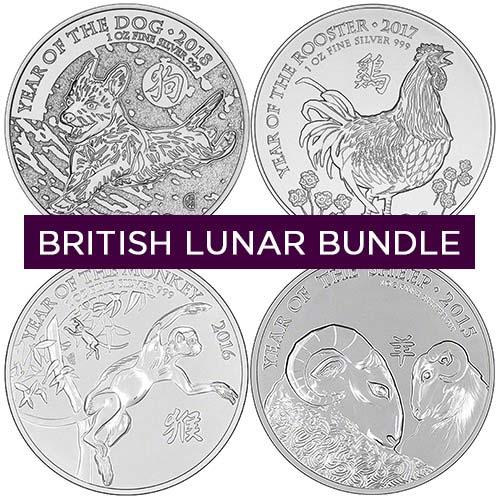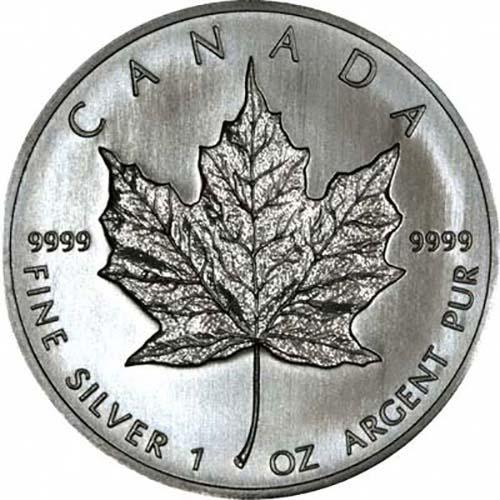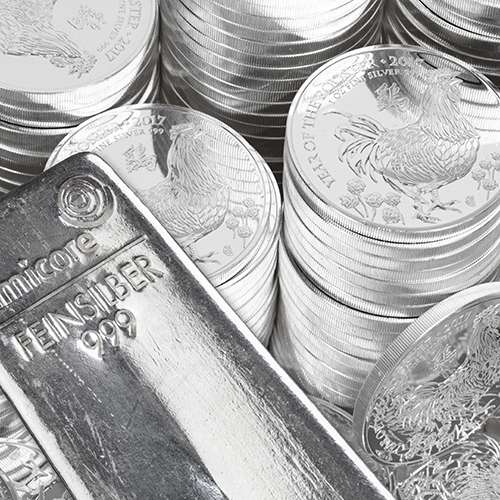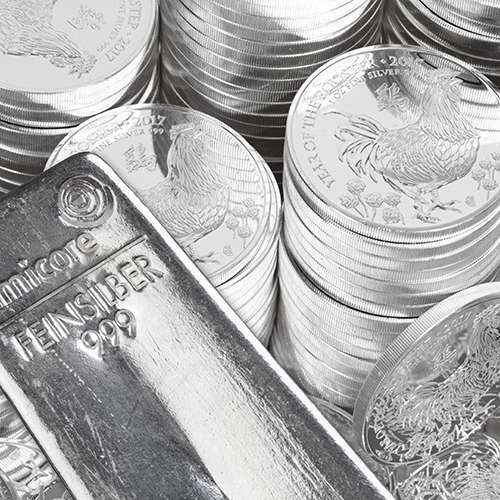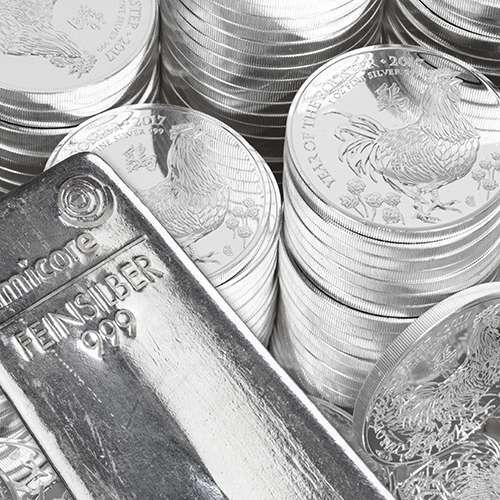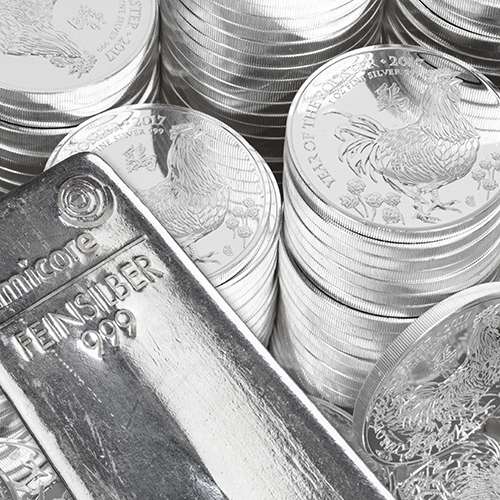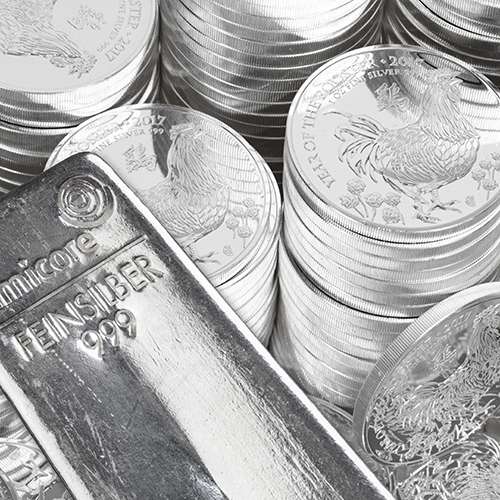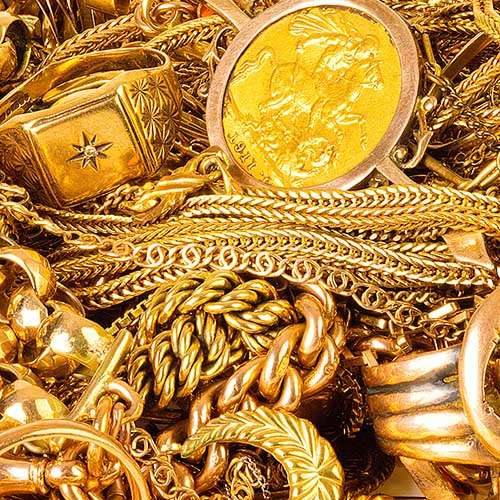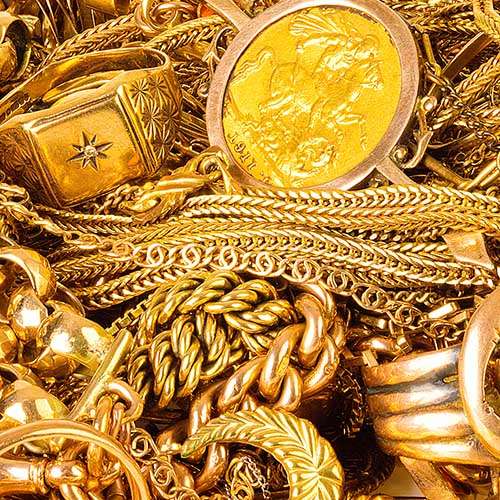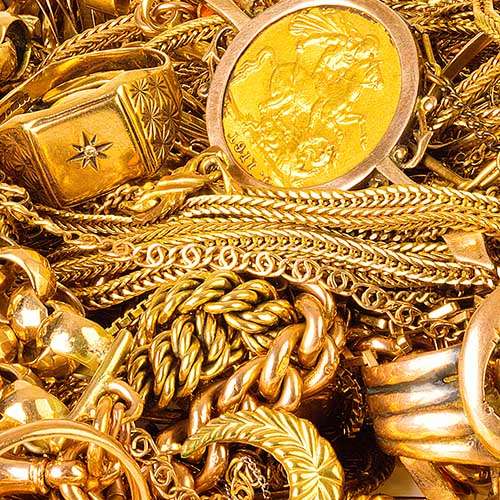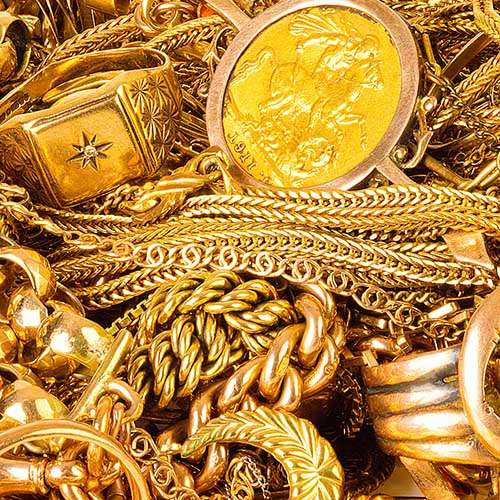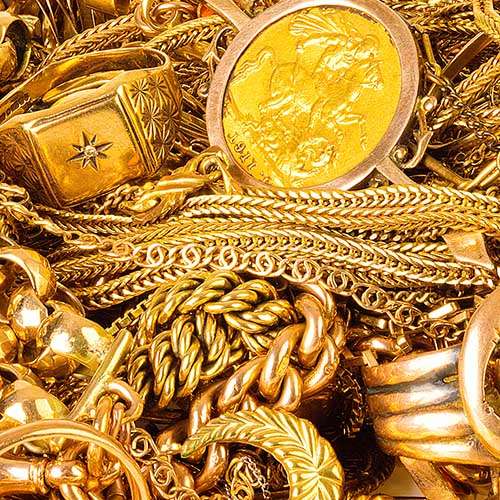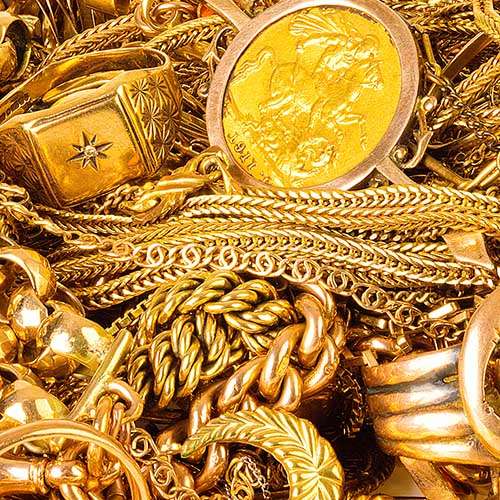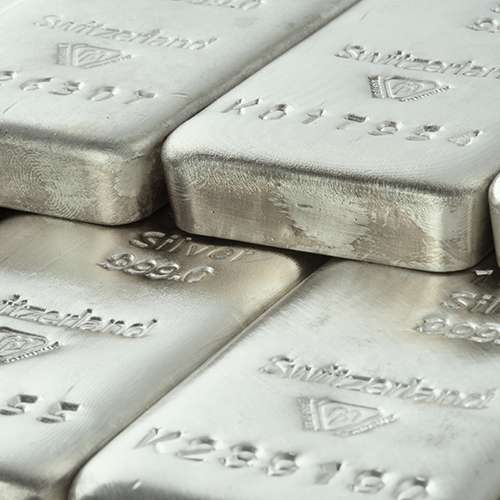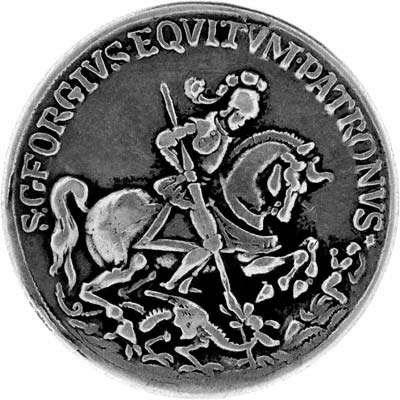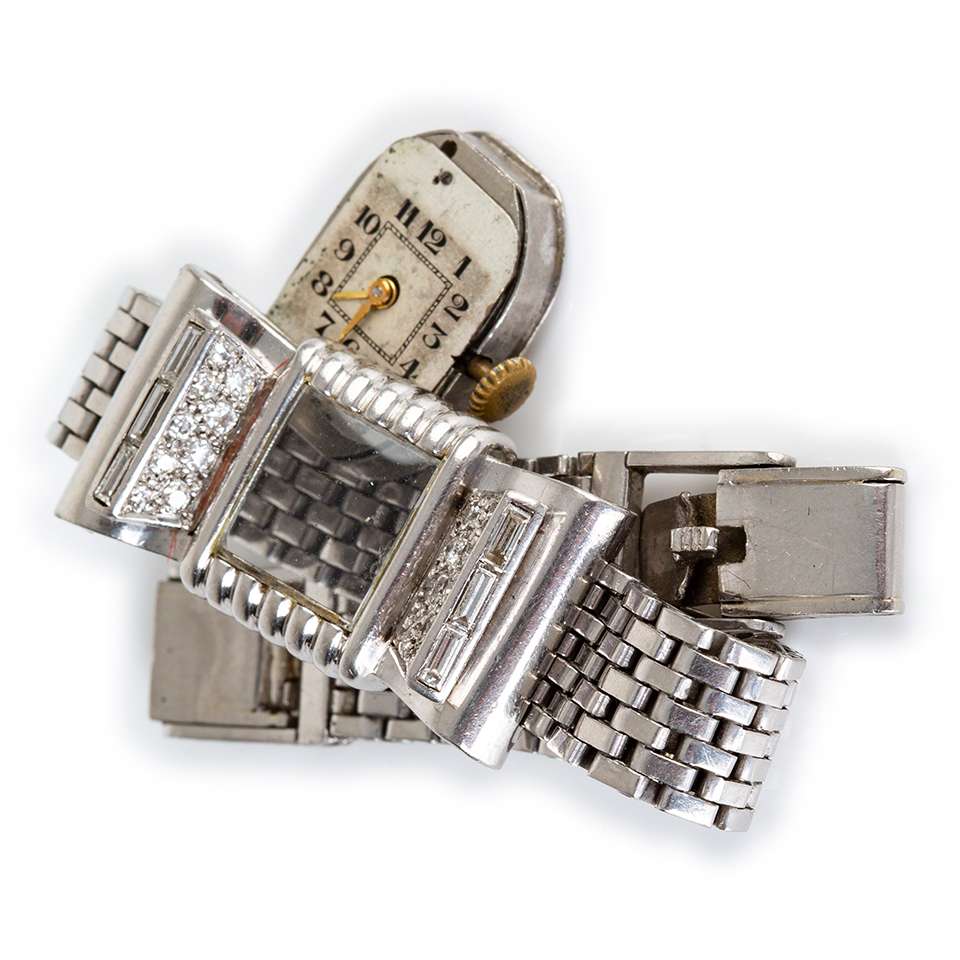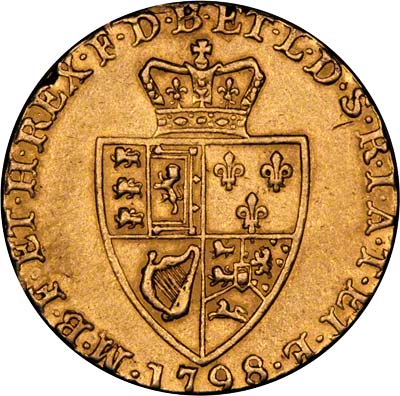Advice About Selling Gold and Silver Coins on eBay
Synopsis
Advice about selling gold coins by auction, including gold sovereigns, Krugerrands and other bullion and coins Look at both the seller's & buyer's premium.
Expert Advice
As leading dealers in gold bullion and collectors coins for over 50 years, we believe we are quite well qualified to offer some advice about selling gold coins on eBay, especially as we also sell a small proportion of our stock through eBay.
Low Commission Rates
Compared with most conventional auctioneers, the selling costs on eBay are low, starting at 5.25% commission, however there are other hidden costs some of which we describe below. When comparing commission rates with other auction houses, remember that most of them now charge not only a sellers commission, but also a buyers premium, these can often total about 25% plus VAT, which equals closer to 30%.
Hidden Costs
Hidden costs include listing fees, reserve fees, image fees, and extra charges for bold type gallery entry, coloured bands to make your auction stand out, featured listings of various kinds, PayPal charges. You have to pay the listing fee whether your item sells or not. EBay provide plenty of choices, which sound good, but most of them simply extra ways for eBay to make more money from you. The reserve fee must be one of the biggest "sucker traps" and money-spinners for eBay.
Reserve Fees
Lets say you have coins for sale for which you expect to get £1,000; you could simply list them at a starting price of £1,000 and this would attract a listing fee of about £2, alternatively you could use a starting price of £0.99, which would still cost £2.00 in listing fees because of the reserve price, and use a reserve price of £1,000; this would allow people to start the bidding low and maybe get "hooked", but this would cost you an extra £20 in reserve fees if the item failed to sell. Working this out, it would cost you £22 if your item failed to sell.
Do It Yourself
When you sell via a traditional auction house, the auctioneers do the work for you, but when you sell on eBay, you have to do this yourself. Whether your item sells, and how much you get for it may depend on the quality of your description and images. Writing a good and accurate description takes time and skill, creating a high quality image, either a scan or a digital photograph also takes time, skill, and possibly expensive equipment. Using images you found elsewhere is potentially dangerous and expensive, as copyright automatically subsists in most published works. It is not necessary for the copyright owner to place a copyright notice on their images. We get very annoyed for example that about 5 to 10 people every week decide to help themselves to our copyright images. Whenever we notice, we send a standard e-mail to eBay reporting the abuse, we follow this up by requesting the sellers contact details from eBay, and sending a copyright infringement notice to them. We are often shocked at the rudeness and hostility we receive from some of these people. Although we have not yet taken legal action against any of these pirates, we fully intend to do so in future. Using stolen images can also get your account with eBay suspended or cancelled.
If you mis-describe your item, you may find that it fails to sell, or it sells, but the buyer returns it for a refund. You could even find yourself in breach of the Trade Descriptions Act in the UK, or similar legislation elsewhere.
If you take into account the cost of your time, you may conclude that you would be better off selling directly to a dealer.
Getting Paid
Once you have sold your item, you have to hope the winning bidder completes the transaction and pays you. If the payment is from outside the UK, there may be extra bank charges for receiving the money. If you decide to accept PayPal this can cost you around 5% or even more in fees. As eBay own PayPal they are very keen to encourage you and the buyers to use PayPal. Don't forget that although your bank might treat you paid in cheques as "cleared funds" after as little as three day, it can take over a week for a dishonoured cheque to be returned to you. If it is a foreign cheque, this could extend one to two months. Forged or stolen bank drafts are surprisingly common, especially for high value amounts. There are plenty of crooks out there!
Competition
If you try selling your gold coins on eBay you will be in competition with many others, not all of whom will be competing fairly. About half the eBay coin listings we see fail to describe their items accurately or honestly. You will be competing with all these people. How can you expect your potential buyers to differentiate between you and some of the crooks?
Getting the Right Price
We have made the assumption so far that, because it's an auction, you are going to get a fair and reasonable market price. While this often happens, it is far from automatic. In fact we sometimes notice many eBay auctions going at low prices. Whether it's because buyers are finding something better to do like watch the World Cup, or perhaps because of press comment about gold prices, or interest rate changes, we do not know, but it certainly happens. In addition, we occasionally notice random items selling for lower than our buying prices. Just as we were writing this page, we saw a recently finished auction in which a British gold proof £5 crown with £50 banknote sold for £300. We would pay £350 each for these all day long, whether we wanted them or not! We cannot understand why the seller hadn't telephoned us for an offer, except that some people assume quite wrongly that all dealers only pay low prices. The seller of this item could have got at least £50 more from us, and saved about £10 in eBay fees, and a lot of work, and got paid immediately instead of having to wait for the auction to end and the buyer to get round to paying.
Cancelling Auctions (Ending Early)
EBay provide the facility to cancel your auction at any time, and there are several reasons you may wish to do so, some of which are covered by a "radio-button" tick box. You will lose your listing fees, but if you list an item which you expect to sell for £1,000 which has only been bid up to £100, you would probably wish to cancel the auction. You must do this early, as if you leave it until the auction has finished, you will have made a legally binding contract with the buyer. One of the reasons eBay allow for cancelling an auction (ending early), is that there was a mistake with the reserve price. At one time, we used to cancel up to about 5% of our auctions, but a potential buyer complained to eBay who informed us that this is classed as fee avoidance. A long discussion with a number of power seller technical support personnel failed to uncover a clause in their listing policies stating this. We eventually found this clause much later, although we have no way of knowing whether eBay had added it since we originally searched for it. As a regular seller, we comply with eBay's rule about this now we are aware of its existence. As a one-time or casual seller, there is little to stop you from doing this.
Actually eBay rules about this are either badly written, as it is entirely possible for the minimum acceptable bid to change during the life of the auction, particularly for gold bullion coins. We as dealers always trade based on the current (spot) replacement price of our bullion, which fluctuates constantly. A starting price set at the beginning of an auction may be either too high or too low by the close of the auction, and we may wish to change the starting price or cancel the auction even if our original starting price has been achieved. The same would apply to a reserve price if we were stupid enough to use this expensive feature.
Alternatives
Some sellers seem to think that all dealers always pay low prices. While there are many small dealers who undoubtedly make most of their money by paying very low prices, most dealers pay very competitive prices. We for example are happy to buy most gold coins in any quantity, often at 1% or 2% discount. Considering this is less than eBay's starting commissions, we think this is a good deal for most people. You also get a cheque by return post, rather than having to wait.
Naturally, we are not the only dealers around, it's worth checking round your local area first, which can save you postage costs. Bear in mind though that you may need to contact a specialist dealer, and we have only about two major competitors in the UK. If you try to sell to a jeweller, they may acid-test and damage your coins without asking your permission, because they are unlikely to know the gold content, or to have specific coin (numismatic) expertise. They will usually expect to buy your coins at 10% discount, or even worse. Coin dealers may have more expertise, but many coin dealers prefer to avoid gold bullion because of the low margins, and the necessity to lay out large amounts of cash, and other cost such as insurance cover and risks while the coins are in their possession. Some dealers prefer to stick to Roman coins or some such specialist area.
Update February 2008
In February 2008, eBay increased its selling fees, (although it announced them as a reduction!). As an example, a coin which typically sells for £160 now costs over £7 in Final Value Fees (commission) compared with £5 previously . With gold at almost £500 per ounce, a coin which sells for £500 will cost you over £23 in Final Value Fees. Remember this does not include the original listing fees, which could also be considerable.
At this, we believe it is uneconomic to sell gold bullion coins such as sovereigns and krugerrands on eBay. You should get a better price from a dealer. Try us!
Of course, there are some people for whom selling gold bullion coins on eBay may still be their best outlet, especially if they are stolen, or non-existent!
Related Blog Articles
This guide and its content is copyright of Chard (1964) Ltd - © Chard (1964) Ltd 2025. All rights reserved. Any redistribution or reproduction of part or all of the contents in any form is prohibited.
We are not financial advisers and we would always recommend that you consult with one prior to making any investment decision.
You can read more about copyright or our advice disclaimer on these links.

